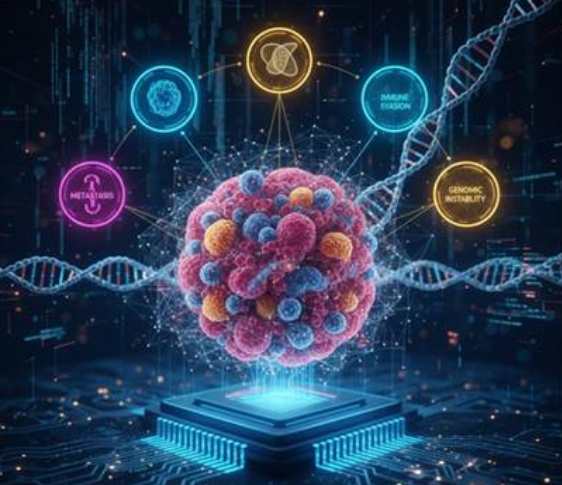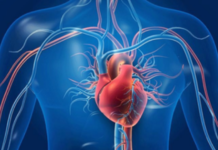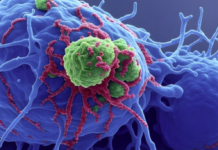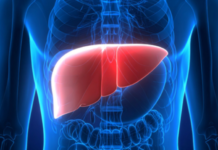NEW DELHI — Scientists at the S N Bose National Centre for Basic Sciences have developed an artificial intelligence framework that could reshape how cancer is understood, diagnosed and treated, the Ministry of Science and Technology said on Wednesday. The system aims to move beyond traditional staging and toward therapies tailored to the molecular makeup of each patient’s tumor.
Created in collaboration with Ashoka University, the framework — called OncoMark — examines cancer not merely by tumor size or spread but by its underlying “molecular personality.” It focuses on the hallmarks of cancer, a set of biological programs that allow healthy cells to become malignant, spread, evade the immune system and resist treatment.
For decades, clinicians have relied on systems such as TNM staging, which provides useful information but often misses deeper molecular differences. As a result, two patients with cancers classified at the same stage may experience dramatically different outcomes.
OncoMark is designed to decode this hidden layer. According to the Ministry, the AI can analyze molecular signatures to predict how a tumor will behave.
A research team led by Dr. Shubhasis Haldar and Dr. Debayan Gupta used OncoMark to study 3.1 million single cells across 14 cancer types. S N Bose is an autonomous institution under the Department of Science and Technology.
To train the AI system, scientists created synthetic “pseudo-biopsies” that reflected different hallmark-driven tumor states. The large dataset allowed OncoMark to learn how processes such as metastasis, immune evasion and genomic instability interact to drive tumor growth and therapy resistance.
The Ministry said the model achieved more than 99 percent accuracy during internal testing and maintained above 96 percent accuracy across five independent cohorts. It was further validated using data from 20,000 real-world patient samples taken from eight major datasets.
For the first time, researchers were able to visualize how hallmark activity increases as cancer progresses, providing a window into the disease’s internal dynamics.
Published in the Nature journal Communications Biology, the study shows how OncoMark can reveal which cancer hallmarks are active in an individual patient. That information could guide treatment decisions, helping doctors choose drugs that directly target the processes driving a patient’s disease.
The Ministry said the framework could also help identify particularly aggressive cancers that might appear less concerning under standard staging, enabling earlier and more precise intervention. (Source: IANS)














